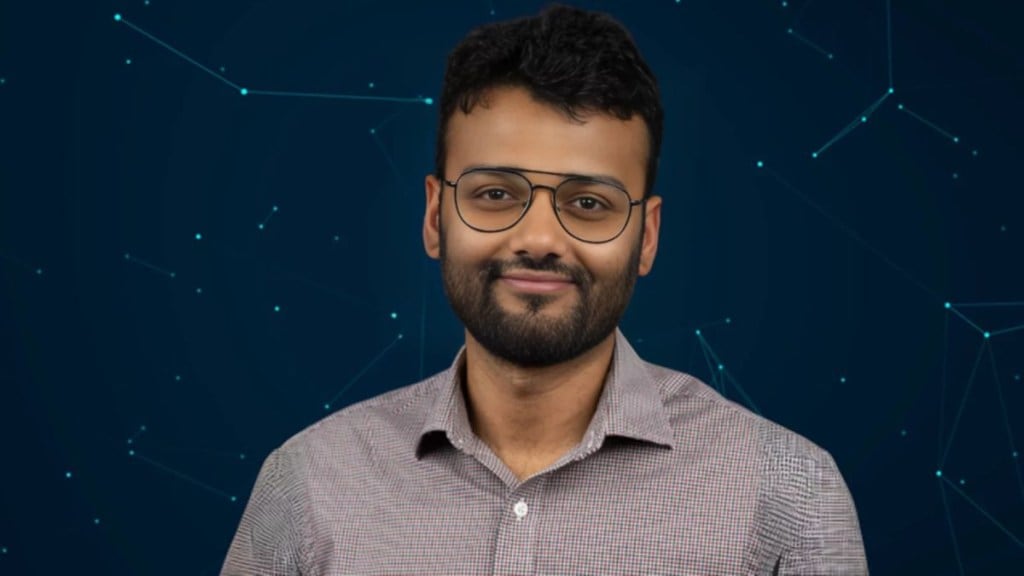Eshan Chattopadhyay, an Indian-origin computer scientist and associate professor at Cornell University, has been awarded the prestigious 2025 Gödel Prize, one of the highest accolades in theoretical computer science. He shares the honour with David Zuckerman of the University of Texas at Austin for their groundbreaking work on randomness extraction—a critical concept in encryption, cybersecurity, and algorithm design.
Their award-winning paper, “Explicit Two-Source Extractors and Resilient Functions”, tackles the long-standing challenge of generating reliable randomness from weak or flawed sources—a foundation for secure computing. Originally presented at the 2016 ACM Symposium on Theory of Computing (STOC), where it also won the Best Paper Award, the research was later published in the Annals of Mathematics in 2019, cementing its long-term impact on complexity theory and pseudorandomness.
The essence of Chattopadhyay and Zuckerman’s research lies in solving a deceptively simple yet profound problem: how to produce high-quality random output from unreliable inputs. “Imagine flipping two unfair coins and still managing to generate a fair, unpredictable result—that’s the core of what we achieved,” the researchers noted. This breakthrough has major implications for cryptography, secure communication, and algorithmic randomness.
A distinguished academic path
Chattopadhyay earned his BTech in computer science from IIT Kanpur in 2011 before completing his PhD at the University of Texas at Austin in 2016. He went on to hold postdoctoral positions at two of the most respected institutions in theoretical computing, the Institute for Advanced Study in Princeton and the Simons Institute for the Theory of Computing at UC Berkeley. Reacting to the award, Chattopadhyay expressed deep gratitude and surprise. Speaking to Cornell University, he said the recognition feels “surreal and gratifying,” and he is honoured to see the paper acknowledged in such a prestigious category.
What is the Gödel Prize?
Named after famed logician Kurt Gödel, the Gödel Prize is jointly awarded by the ACM Special Interest Group on Algorithms and Computation Theory (SIGACT) and the European Association for Theoretical Computer Science (EATCS). It honours outstanding papers that have made lasting contributions to the field of theoretical computer science. With this recognition, Chattopadhyay joins an elite group of thinkers who have redefined what’s possible in computing theory, by turning weak, imperfect randomness into a secure, reliable cornerstone of modern technology.
